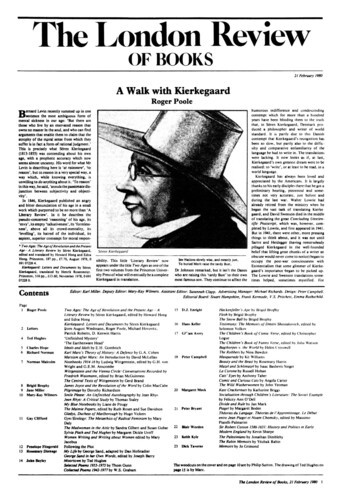Piaget v. Chomsky
Peter Bryant, 21 February 1980
No one has ever achieved quite as powerful a position in Psychology as Jean Piaget holds today. His considerable success is due partly to the strength of his massive and comprehensive theory about childhood and partly to his personal history. For many years, he fought a lonely battle against Behaviourism with the major school of Psychology at the time. The main aim of the Behaviourists was to explain behaviour in very simple reflex-like terms, and to them Piaget’s appeal to complex intellectual structures was as absurd as it was unscientific. But it was the Behaviourists’ insistence on simplicity which led to their own collapse: in the end, it became embarrassingly obvious that their theory could not account for the complexities of the behaviour of rats, let alone for human behaviour. The Behaviourists’ failure, together with the general advance of structuralism, led to a widespread assessment of Piaget’s long and Ayatollah-like isolation. To many people, it had seemed an eccentric folly: now it began to look like a courageous fight for a sane approach to human behaviour.

